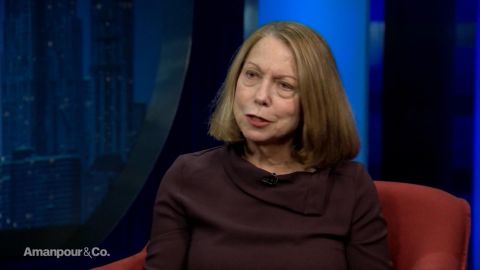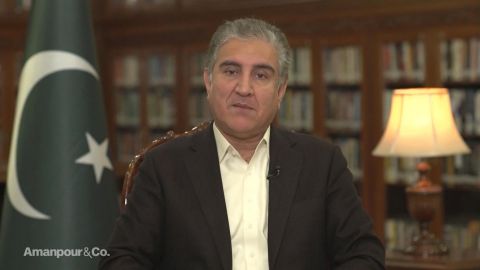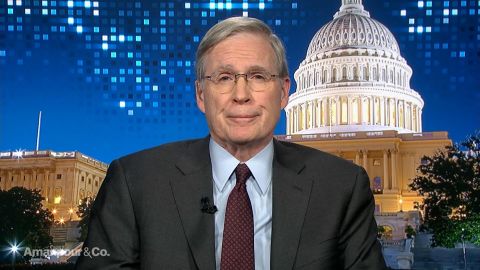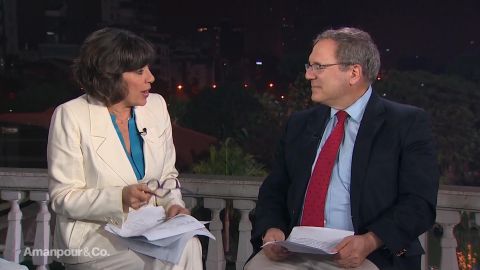Read Transcript EXPAND
STEPHEN HADLEY, FORMER U.S. NATIONAL SECURITY ADVISER: I think it’s too soon to say, if the deal was a Yongbyon only, that is to say a partial shutdown of North Korean facilities in exchange for total sanction relief, which is the way the president framed it, then the president was right to walk away. There are a lot of people who are concerned that he would give away the store. Well, he clearly did not do that and was willing to walk if he didn’t get a good deal. I think you’re right, there is an opportunity here, as you and David discussed. So, the question is, where do we go from here? One option might be an escalation of rhetoric, an escalation of programs, an escalation of sanctions. I think that’s less likely. I think what people will do is step back, take a deep breath. I think Mike Pompeo and Steve Biegun will try to deal with their counterparts and see if they can reconstruct a more balanced partial deal, an incremental deal, that could be embraced by the two sides. So, I think this is not over. This is the latest act. North Korea is very difficult to deal with. You have these ups and downs. And I think this is just the latest round. And I would hope the kind of process I described is what follows and it’s something that President Trump very much kept the door opened for.
AMANPOUR: So, Stephen Hadley, the North Korean foreign minister, as I described it, as an extremely rare appearance on camera, before the press. It was a statement, he didn’t take questions and answers, it wasn’t a press conference but he felt moved to come out here and counter the narrative that has been going on since this summit ended abruptly. And the first thing he said was, “We did not ask for a total entire lifting of sanctions.” He actually used the word partial. “We asked for partial lifting in — of sanctions,” and he described for the civilian economy and to help civilians in North Korea. He said, “There are 11 U.N. sanctions, we wanted five to be lifted.” In any event, that’s what he said, in return for a total shut down of Yongbyon plutonium and uranium under the supervision of U.S. inspectors and technicians from both sides and he also pledged a commitment to permanently stop — let me just read this, to permanently and completely dismantle all the nuclear material production in that area and the nuclear testing and long-range rocket launch testing. He said there also that that was the most that they could offer at this time. Just give me your analysis of that the most that, the most that they could offer at this time.
HADLEY: Well, it is a partial offer in terms of denuclearization. It is not total denuclearization. I think it’s positive and encouraging that they would make this unprecedented step to articulate what they thought was on the table, it’s clearly not what the administration thought was on the table. I think the encouraging piece about it is that it gives the administration something to work with
About This Episode EXPAND
Christiane Amanpour discusses the US-North Korean summit with New York Times National Security Correspondent David Sanger and former U.S. National Security Adviser Stephen Hadley. She also talks nuclear-rtension in India and Pakistan with Pakistani Foreign Minister Shah Mehmood Qureshi. Jill Abramson joins Walter Isaacson to discuss accusations of plagiarism plaguing her new book.
LEARN MORE



